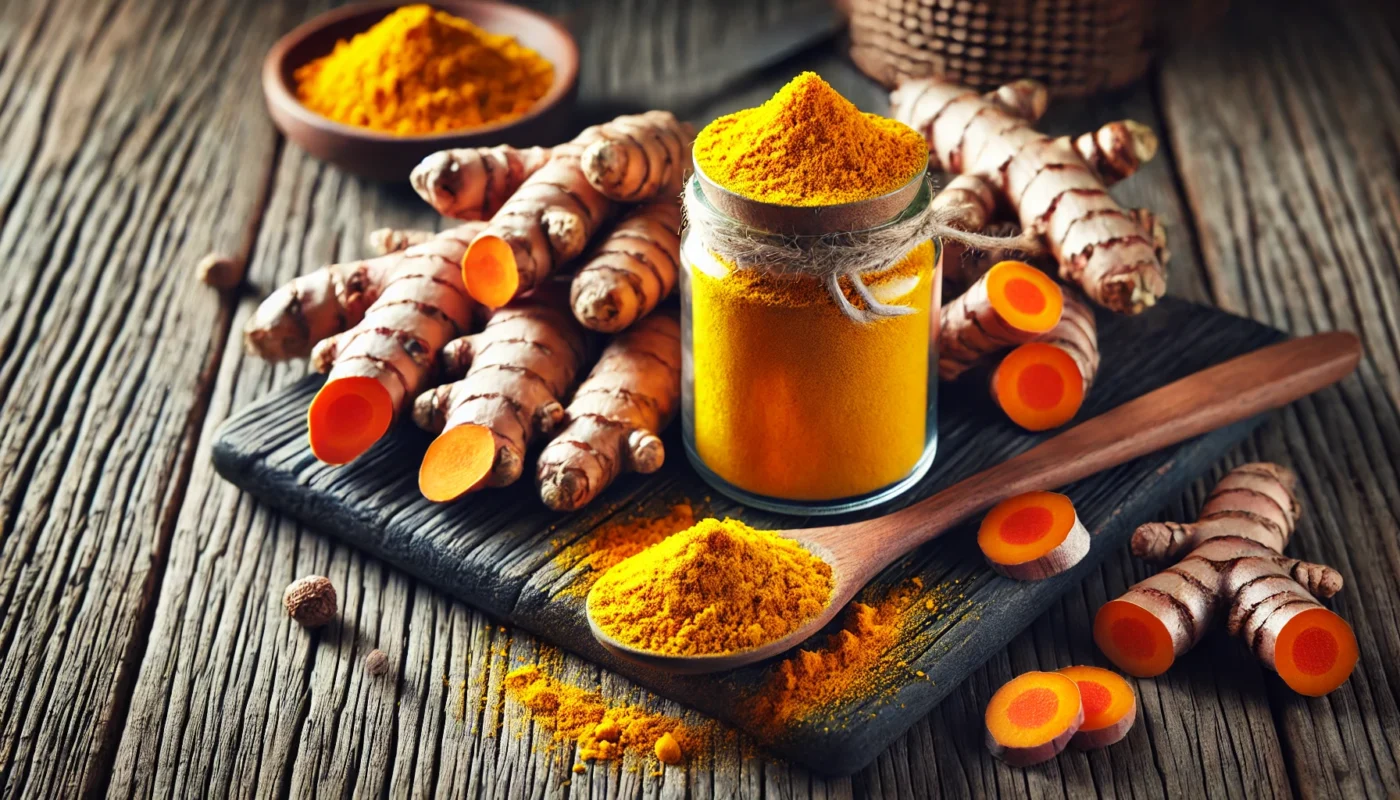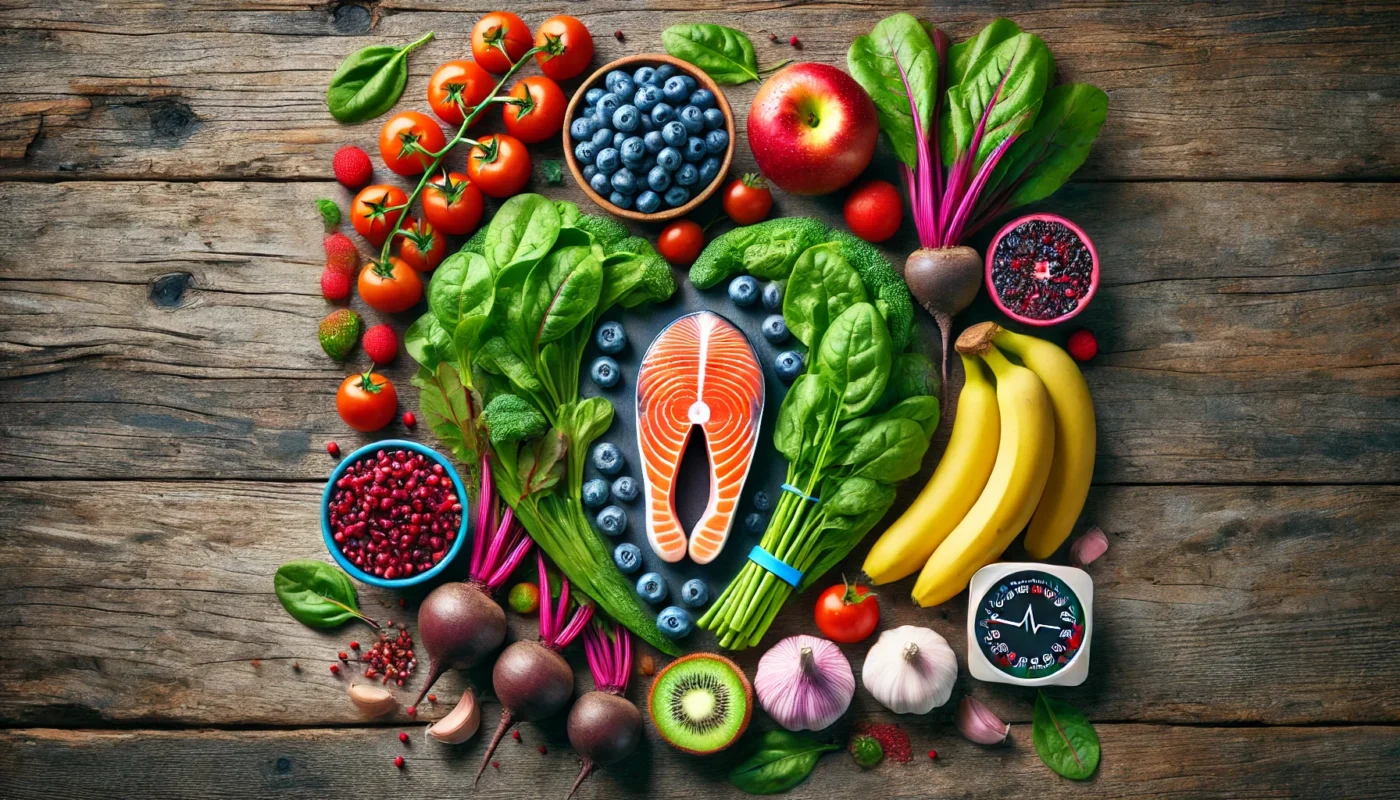Inflammation is a natural response of our bodies. It’s a defense mechanism against injury, infection, or disease. But when it becomes chronic, it can lead to serious health issues.
Nonsteroidal anti-inflammatory drugs, or NSAIDs, are commonly used to manage inflammation. They can provide relief from pain and swelling. However, they are not without their drawbacks.
Long-term use of synthetic NSAIDs can lead to side effects. These can range from stomach issues to cardiovascular problems. For some, these risks outweigh the benefits.
This is where natural NSAIDs come into play. They offer a safer, more holistic approach to managing inflammation. They can be derived from herbs, dietary supplements, or even certain foods.
Natural NSAIDs can offer the same anti-inflammatory benefits as their synthetic counterparts. But they do so without the associated risks. This makes them an attractive alternative for many.
In this article, we will delve into the world of natural NSAIDs. We will explore their benefits, potential side effects, and how they can be integrated into your health regimen.
We will also look at the scientific evidence supporting their use. This will help you make an informed decision about their suitability for your needs.
Whether you’re a fitness enthusiast, a health enthusiast, or a medical patient, this article is for you. It aims to provide a comprehensive understanding of natural NSAIDs and their role in health and wellness.
So, if you’re looking for a natural alternative to conventional NSAIDs, read on. This article will equip you with the knowledge you need to make the best choice for your health.
Remember, your health is your wealth. And understanding how to manage it naturally is a step in the right direction. Let’s embark on this journey together.





